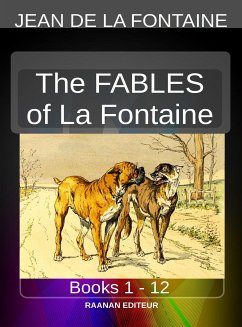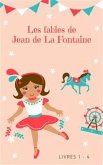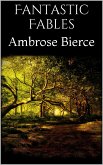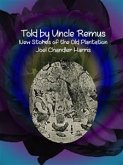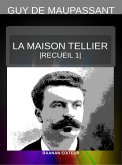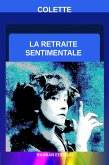Jean de La Fontaine collected fables from a wide variety of sources, both Western and Eastern, and adapted them into French free verse. They were issued under the general title of Fables in several volumes from 1668 to 1694 and are considered classics of French literature. Humorous, nuanced and ironical, they were originally aimed at adults but then entered the educational system and were required learning for school children.
I.--THE GRASSHOPPER AND THE ANT.
A Grasshopper gay
Sang the summer away,
And found herself poor
By the winter's first roar.
Of meat or of bread,
Not a morsel she had!
So a begging she went,
To her neighbour the ant,
For the loan of some wheat,
Which would serve her to eat,
Till the season came round.
'I will pay you,' she saith,
'On an animal's faith,
Double weight in the pound
Ere the harvest be bound.'
The ant is a friend
(And here she might mend)
Little given to lend.
'How spent you the summer?'
Quoth she, looking shame
At the borrowing dame.
'Night and day to each comer
I sang, if you please.'
'You sang! I'm at ease;
For 'tis plain at a glance,
Now, ma'am, you must dance'...
I.--THE GRASSHOPPER AND THE ANT.
A Grasshopper gay
Sang the summer away,
And found herself poor
By the winter's first roar.
Of meat or of bread,
Not a morsel she had!
So a begging she went,
To her neighbour the ant,
For the loan of some wheat,
Which would serve her to eat,
Till the season came round.
'I will pay you,' she saith,
'On an animal's faith,
Double weight in the pound
Ere the harvest be bound.'
The ant is a friend
(And here she might mend)
Little given to lend.
'How spent you the summer?'
Quoth she, looking shame
At the borrowing dame.
'Night and day to each comer
I sang, if you please.'
'You sang! I'm at ease;
For 'tis plain at a glance,
Now, ma'am, you must dance'...

